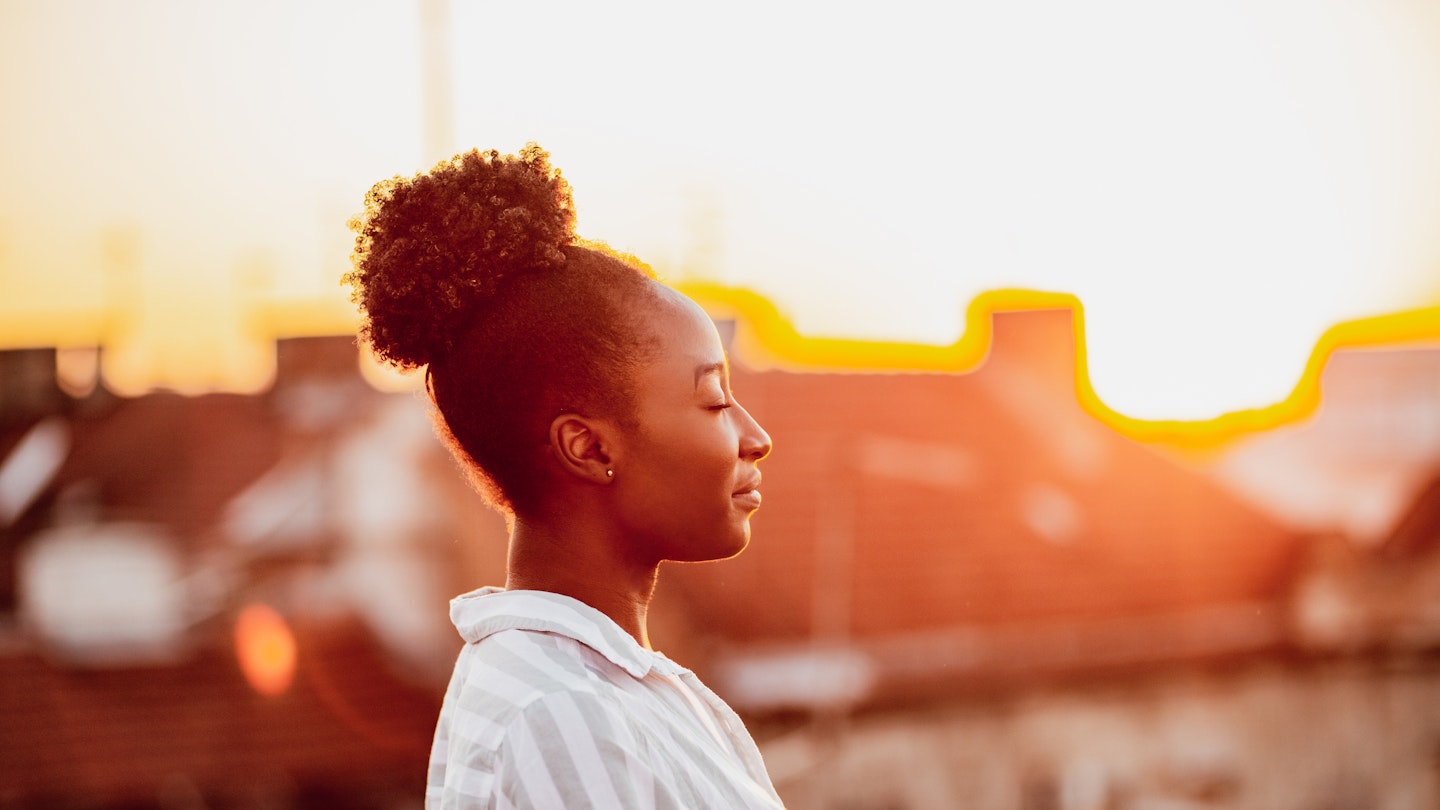By Dr Mayowa Aina, Clinical Psychologist (works for BMMUK) and Agnes Mwakatuma, Founder of BMMUK
Black Minds Matter UK was able to emerge at a time when wider society’s treatment of Black people was put under intense scrutiny due to a spotlight on the racial injustices perpetrated within our community. The known impact this has on Black people’s mental health was finally recognised amongst a wider audience. Black Minds Matter UK exists to address some of the many barriers that Black individuals face when accessing mental health support and to provide resources that are not only accessible but also relevant to the Black community, where much of the public services in the UK are not.
Disparities within our wider mental health services are vast; with Black people being 40% more likely to access mental health services via the criminal justice system than white people. According to an independent review of the UK’s Mental Health Act in 2018, “profound inequalities” were found to exist in mental health treatment, with Black British people four times more likely to be sectioned than white people and more likely to be given psychoactive medication instead of a talking therapy. These statistics reveal the systemic and systematic issues that exist in the UK which affects both mental health access and the type of treatment received within our healthcare services.
This coupled with wider cultural stigmas surrounding mental health in the Black community means that many are suffering in silence; with Black and other minority ethnic groups being the least likely to access primary care and more likely to end up in crisis care before they seek professional support. The evident distrust in mental health services is one of the main issues we seek to rectify - by creating a safe space for our community, by pairing them with qualified Black therapists who understand their clients own lived experience and recognise the impact this can bring on the individual.
Furthermore, Black people have to contend with racial trauma which is a type of chronic stressor that results from experiences of racial discrimination to themselves or towards others around them. Black people encounter this in all facets of their everyday lives such as on the news, on social media, at work, in relationships, on the street and at school.
Racial trauma has psychological effects, such as increased hypervigilance, sleep issues, intrusive memories and avoidance of places and people associated with trauma. You’ll recognise these symptoms because they are indicative of a post traumatic stress disorder (PTSD) reaction. A crucial difference is that PTSD is often caused by a single incident whilst the potential sources of racial trauma for the individual are ongoing. In the long term this can result in elevated and clinical levels of anxiety, depression, traumatic grief, self-blame and shame.
This is why we are working tirelessly to ensure that we raise enough resources to help as many people in our community access the support they need, as soon as possible. 2020 saw us manage to raise an incredible £800,000; funding 1,200 courses of therapy. However, we still have 1,400 people on our waiting list, looking to access immediate support with us.
In response to this, we have launched our biggest fundraising campaign yet - the #BMMUK21K Donor Challenge - giving ourselves 21 weeks to find 21,000 long term donors , willing to donate £5 each month to BMM UK. This will not only help us fund the courses of therapy for those on our waiting list, but it will ensure we are able to help at least 1500 people access therapy with us each year and allow us to create a lasting impact on Black mental health in the UK.
Click here to sign up to the #BMMUK21K Donor challenge and for more info on our goal.
And follow us on instagram @blackmindsmatter.uk for regular updates on our journey and other ways to support our campaign.
SOURCE: London Assembly Health Committee, 2017; Bradley Report, 2009.
READ MORE: We Need Women Like Michelle Obama To Speak About Black Mental Health More Than Ever
